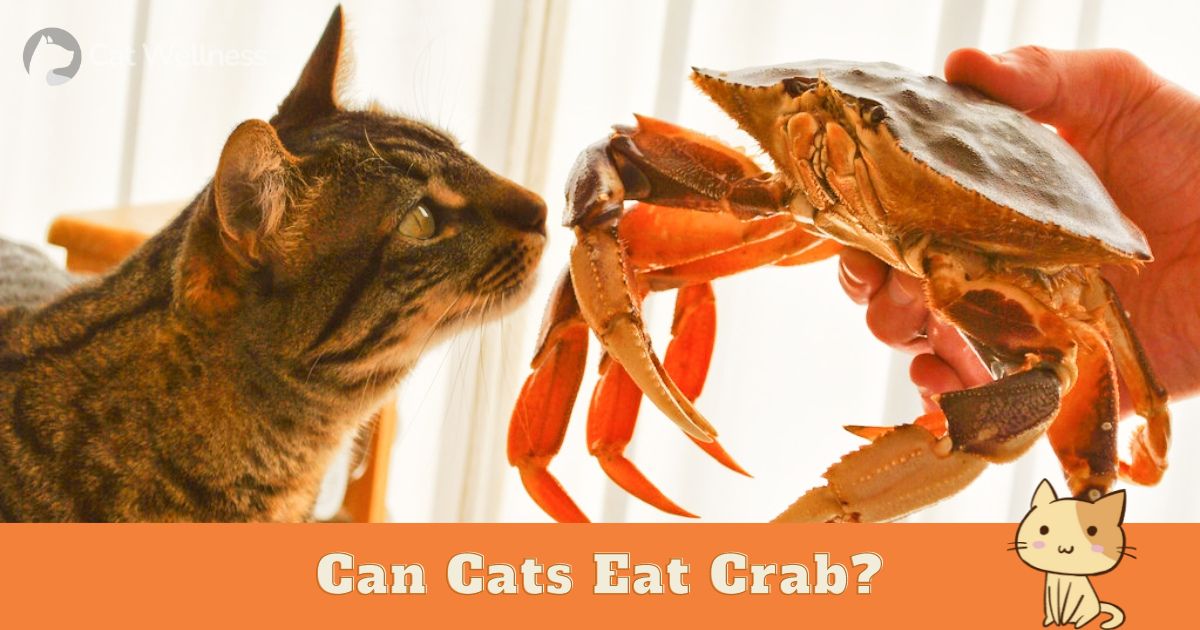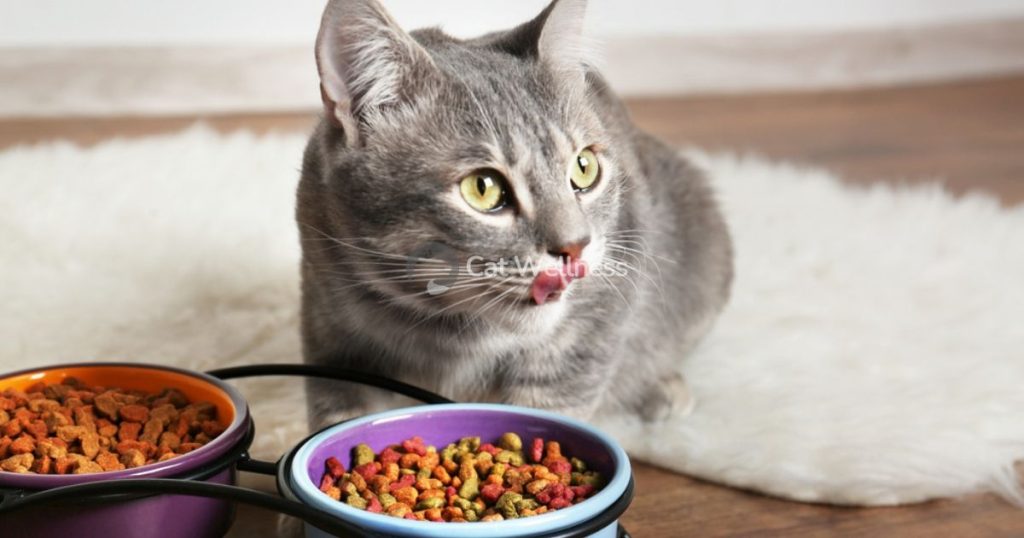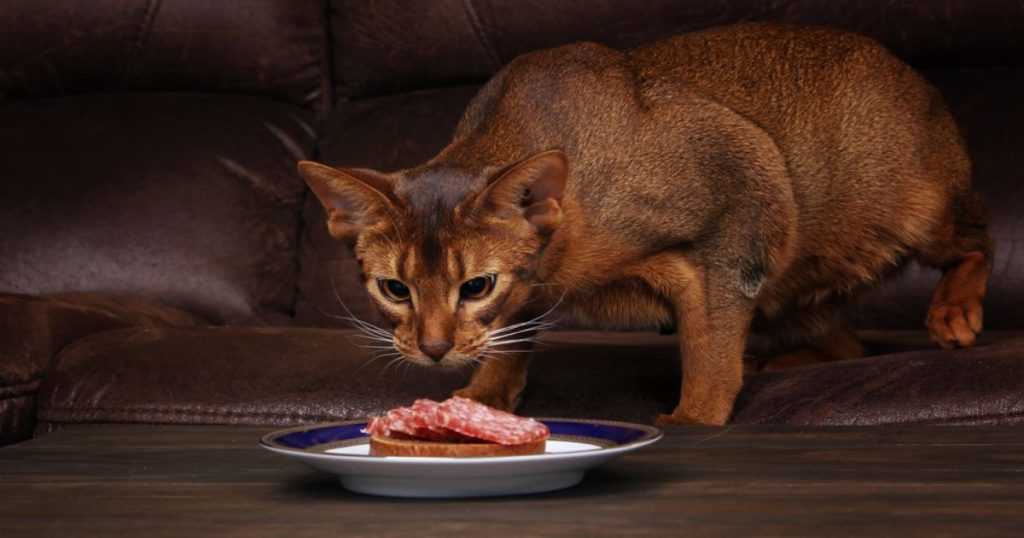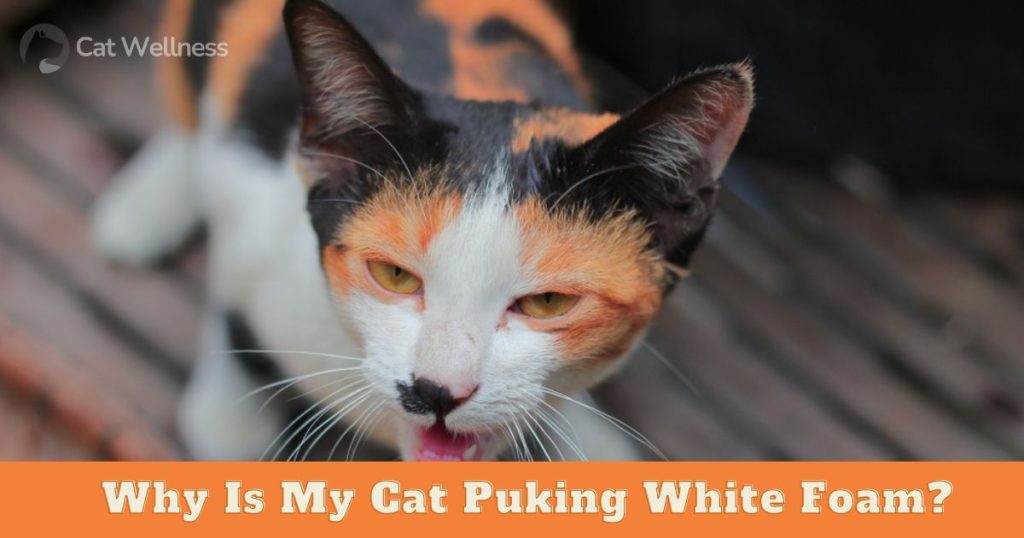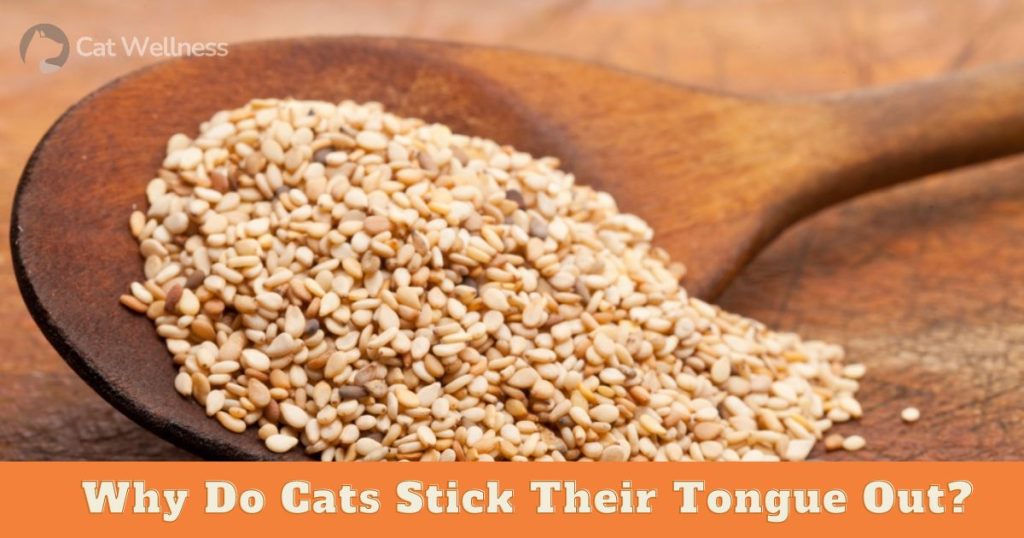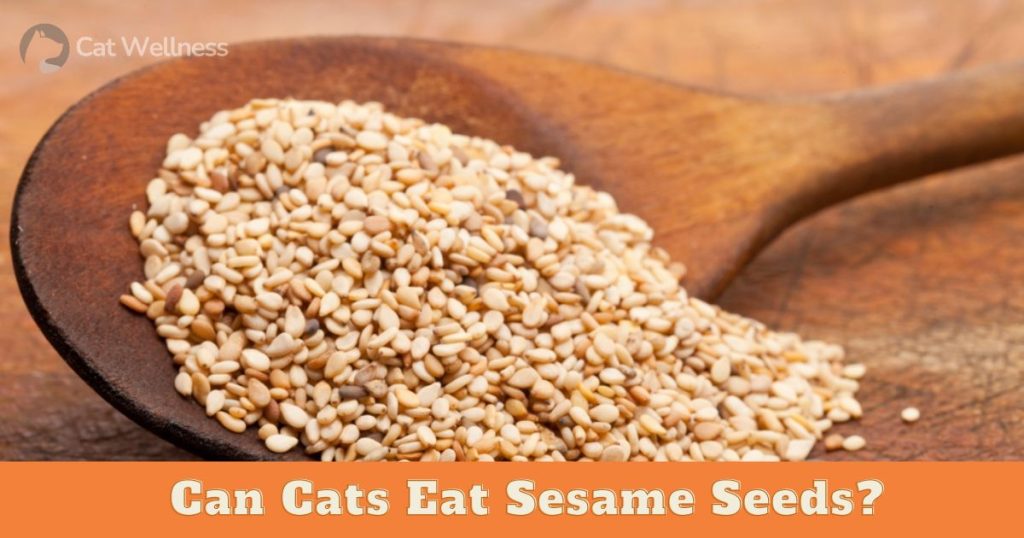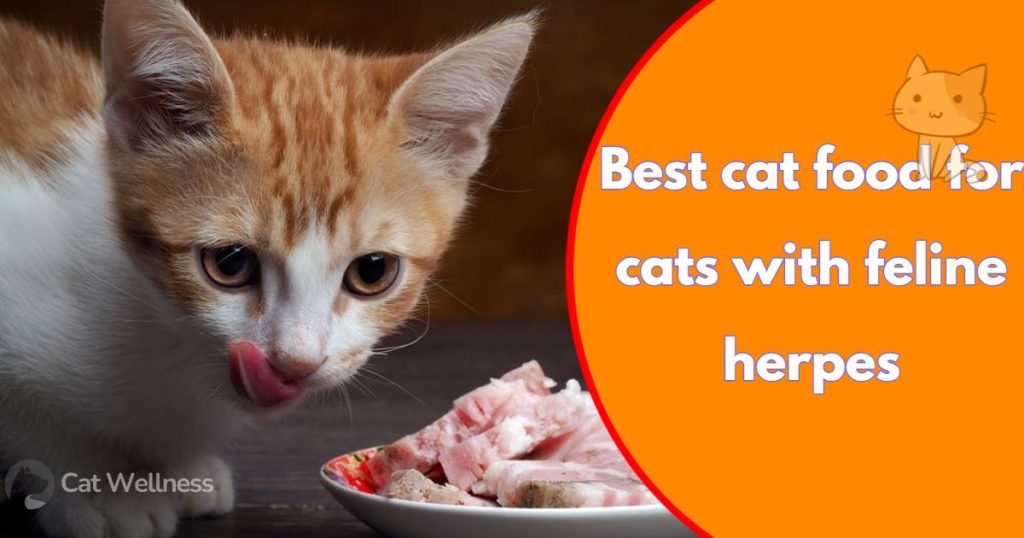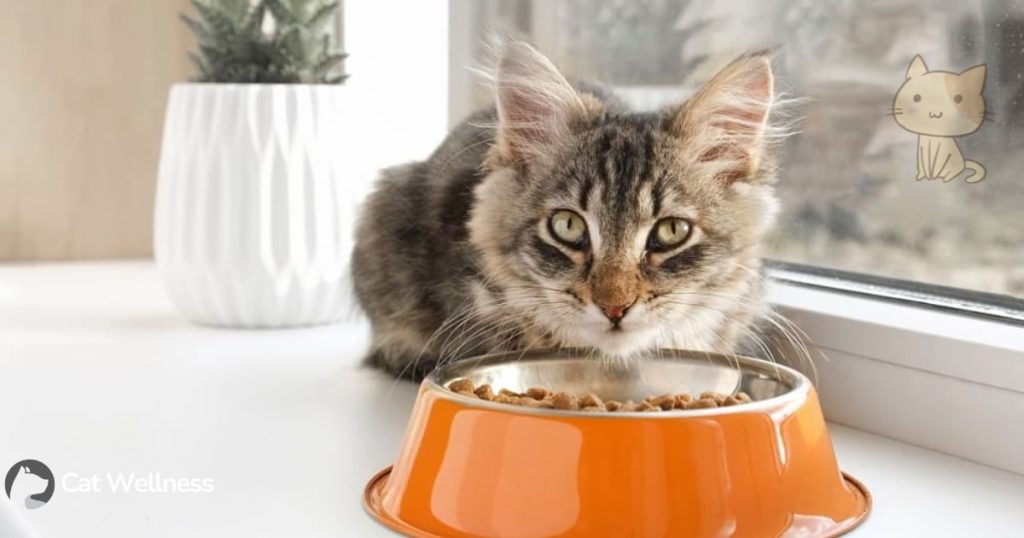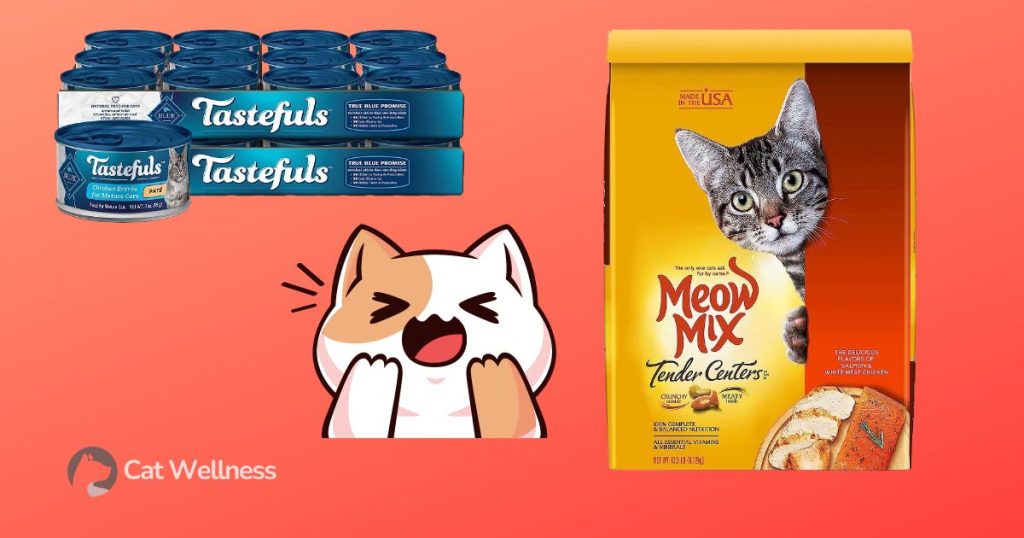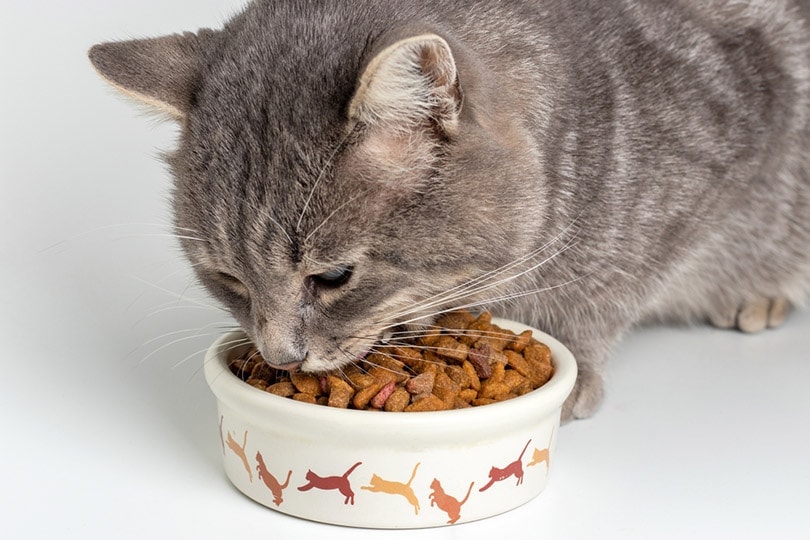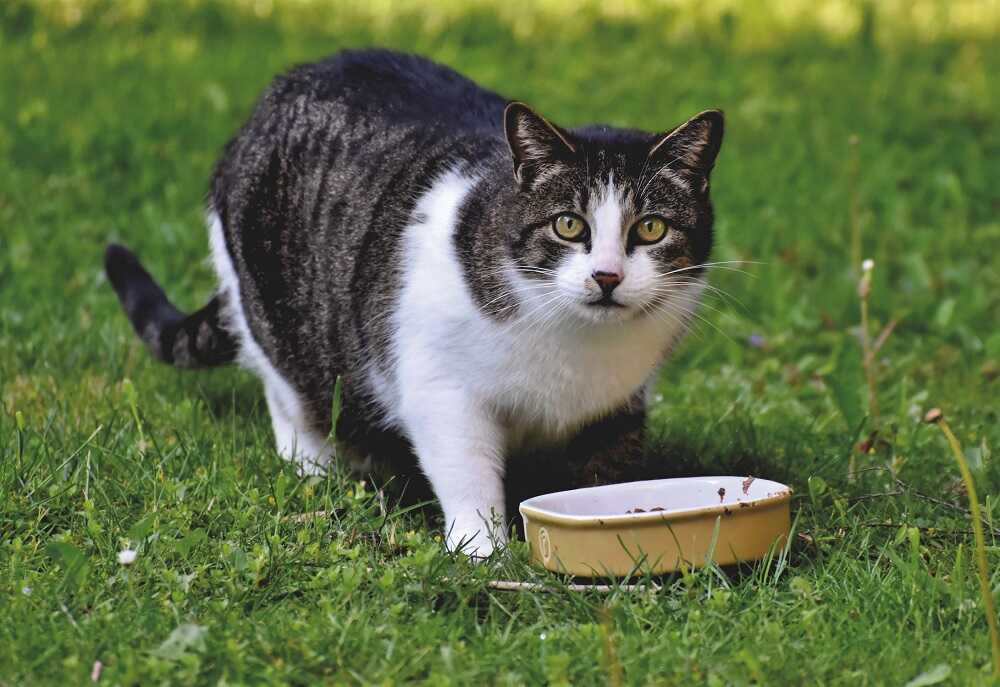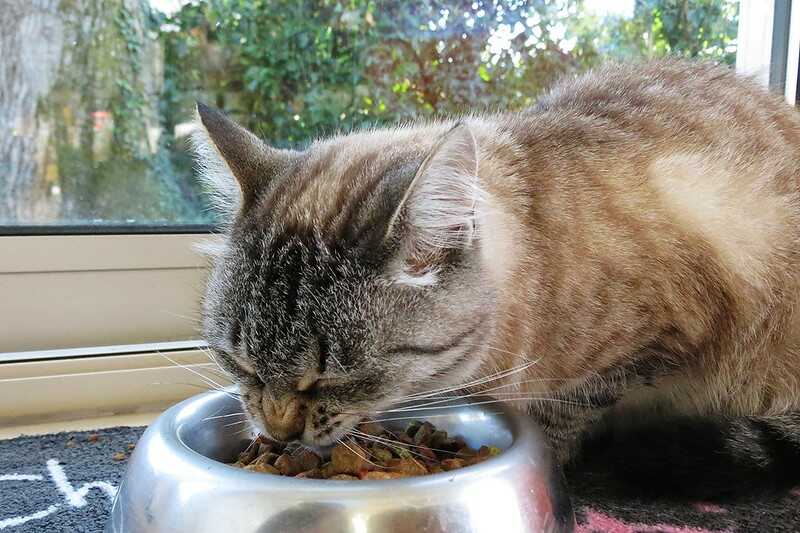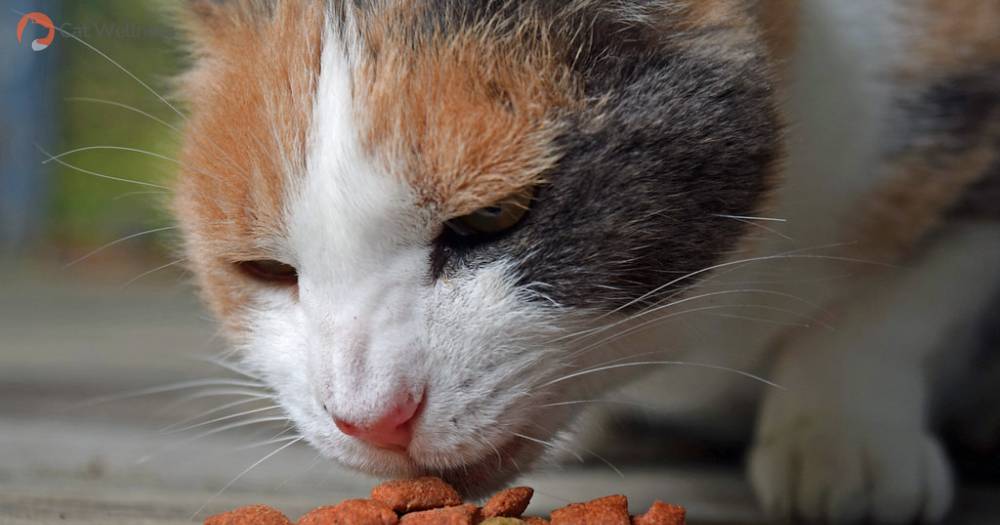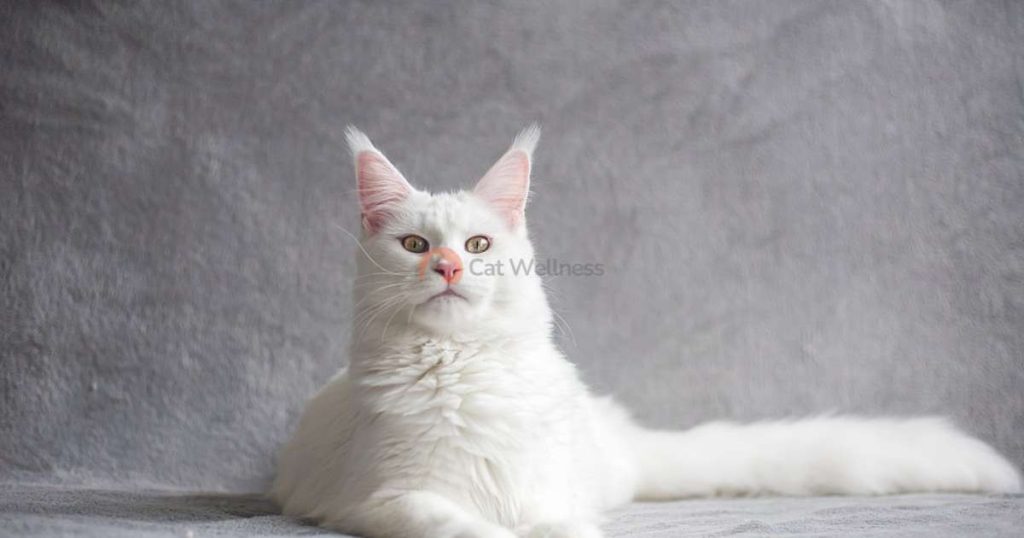Cats have a keen sense of smell that enables them to detect various animal proteins, and they often express their interest by affectionately rubbing against your legs attempting to access the contents of food cans.
While cats may show enthusiasm for crab meat, pet owners often have concerns about what foods are safe for their feline companions. It’s only natural to be cautious about providing your cat with something that could harm their health.
So, can cats eat crab? and How much should it be? Let’s delve into the details of feeding crab to your cat.
About Cat Nutrition

Cats are obligate carnivores, often called “hypercarnivores,” requiring a diet of at least 70% animal protein. Obligate carnivores lack the necessary enzymes to digest plant material effectively and cannot extract complete nutrients from plants and vegetation. While most plants are not necessarily toxic to them, cats only obtain essential nutrients from animal sources.
Due to this dietary requirement, cats possess a highly developed sense of smell, specifically tuned to animal protein. Cat owners may observe their feline companions interested in unusual items like earwax or foot shavings from a pumice stone. However, veterinarians emphasise that they do not need to avoid consuming non-toxic substances.
For cats to thrive, they require a diet rich in animal proteins and low in carbohydrates. Their biological makeup naturally demands a significant intake of animal proteins, and an excess of carbohydrates in their diet can lead them to consume fewer proteins.
Can Cats Eat Crab?
Cats can indeed eat crab, but it’s essential to approach this with caution and moderation. While crab meat can be a tasty treat for your feline friend, overindulgence can lead to potential health issues.
Understanding the dos and don’ts of incorporating crab into your cat’s diet is vital to ensure their well-being.
Related Post: Can Cats Eat Cucumbers?
You should always monitor your cat’s reaction to new foods and consult your veterinarian if you have concerns about incorporating crab into their diet. Remember that balanced and specially formulated cat food should remain your feline companion’s primary source of nutrition.
Can Cats Eat Crab Shells?
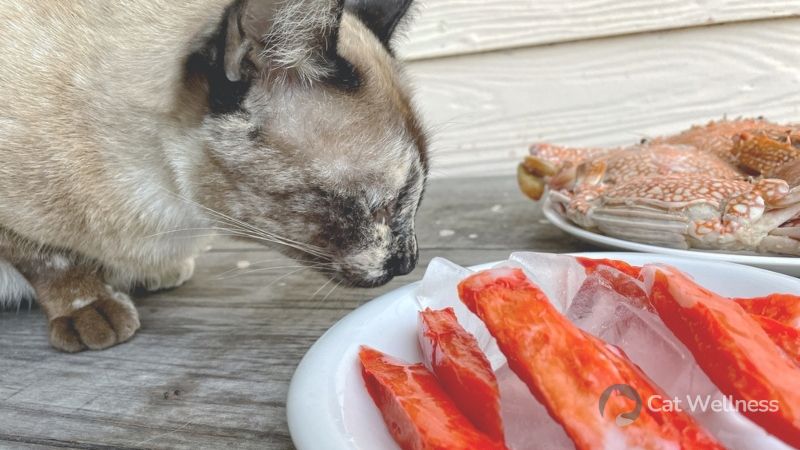
No, cats shouldn’t eat crab shells due to their hard and brittle nature. Ingesting crab shells can result in indigestion or even pose a choking hazard, potentially leading to fatal consequences. Cats may attempt to remove the splintered shell from their esophagus, causing damage to their throat tissues.
Can Cats Safely Consume Crab Sticks?
In moderation, cats can consume crab sticks, but it’s essential to be cautious about their sodium content. A single crab stick can contain significant sodium, potentially exceeding a cat’s daily intake limit and causing harm.
Some crab sticks may also contain harmful toxins like sodium pyrophosphate and potassium chloride, which can be dangerous for cats in excessive amounts. Crab sticks are human junk food and should be avoided when considering your cat’s diet.
Can Cats Eat Imitation Crab?
Yes, it is. Like crab sticks, imitation crab can have a high sodium content that mimics the salty taste of real crab. It is typically made from surimi, a seafood paste created by grinding various types of seafood.
However, it lacks essential nutrients due to extensive processing and is exceptionally rich in carbohydrates, which is unsuitable for cats.
Imitation crab should only be given to cats as an occasional treat in limited quantities, just like crab sticks. It is essential to avoid feeding imitation crab to kittens and young cats as their delicate stomachs and dietary needs may be adversely affected by the artificial preservatives and colours found in imitation crab products.
Is It Safe For Cats to Consume Raw Crab Meat?
No, it is unsafe for cats to consume raw crab meat, and they should avoid all raw foods. While some people may choose to feed their cats raw meat from specific brands, it’s essential to note that raw feeding for kittens typically involves certified and monitored products.
Related Post: Can Cats Eat Peach?
Feeding your pet raw foods without proper oversight is not advisable, as it can pose unexpected risks to your cat’s health. Raw foods can harbour harmful bacteria and germs, known as pathogens, which could lead to various illnesses in your cat. The viruses and parasites that raw crab meat might carry could be fatal to your feline.
Therefore, you must refrain from giving your cat raw crab meat.
Key Nutrients in Crab Meat for Cats
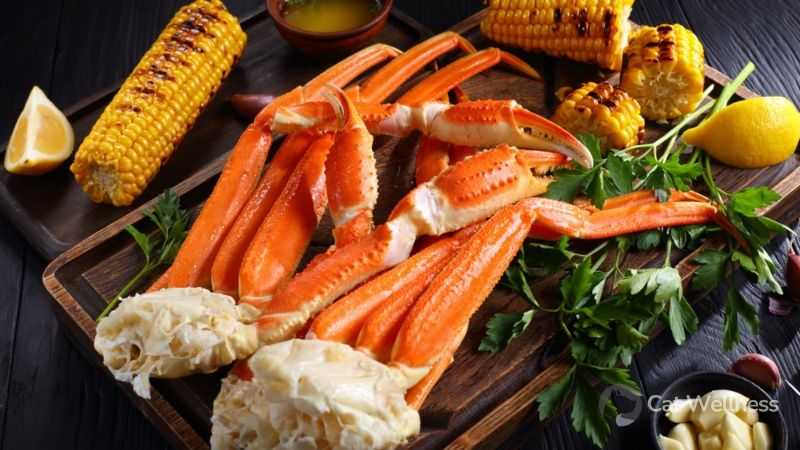
Protein Enrichment
Crab meat stands out as an excellent protein source for feline companions. Protein is an essential nutrient in maintaining a cat’s overall health. It not only supplies them with energy but also provides the necessary amino acids crucial for their well-being. Compared to plant-based proteins, animal-based proteins like those found in crab meat are easier for cats to digest.
Additionally, crab meat boasts a wealth of omega-3 fatty acids, which possess anti-inflammatory properties. These fatty acids contribute to the maintenance of your cat’s skin and coat, ensuring a glossy appearance and preventing dryness.
Furthermore, omega-3 fatty acids aid in fortifying hair follicles, reducing shedding, and have a role in heart disease prevention by regulating heart rate.
Vitamin Abundance
Crab meat is a valuable source for felines, offering several essential vitamins for their health. Among these important vitamins are vitamin B, vitamin C, vitamin B6, and vitamin B12. Cats cannot independently produce sufficient amounts of these vitamins, making regular intake essential.
Vitamin B is pivotal in promoting cell growth and preventing anemia, with deficiency potentially leading to lethargy and weight loss. Additionally, vitamin C is instrumental in regulating metabolic functions, supporting tissue growth, and bolstering the immune system.
Mineral Richness
Crab meat is a protein and vitamin powerhouse and provides essential minerals for maintaining your cat’s health and safeguarding it from potential diseases.
This seafood is rich in magnesium, calcium, potassium, copper, and zinc. Moreover, it contains notable amounts of iron, selenium, and phosphorus. Both copper and zinc function as antioxidants within the body, facilitating speedy healing of your cat’s wounds and bruises.
In short, incorporating crab meat into your cat’s diet can offer many health benefits due to its protein content, vitamin abundance, and mineral richness, ensuring your feline companion’s well-being and vitality.
FAQs
Can crab be a regular part of a cat’s diet?
Crab should be an occasional treat rather than a regular part of a cat’s diet. It should not replace their balanced cat food, as crab alone provides only some of the necessary nutrients.
Are there any risks associated with feeding cats crab?
While crab is generally safe, some cats may have allergies or sensitivities to seafood. Watch for any adverse reactions such as vomiting, diarrhea, or skin problems. If you notice any issues, discontinue feeding crab.
Can I give my cat crab from a restaurant or takeout?
It’s not recommended to feed your cat restaurant or takeout crab, as it may contain spices, seasonings, or other harmful ingredients. Stick to plain, homemade crab if you decide to offer it.
Should I consult my veterinarian before giving crab to my cat?
If you’re unsure about feeding crab to your cat or if your cat has any underlying health issues, it’s a good idea to consult your veterinarian.
Conclusion
In conclusion, we covered the question, can cats eat crab? The short answer is yes. But it should always be cooked and served in moderation.
Raw crab meat poses health risks due to potential pathogens, so it’s best avoided. When offering cooked crab to your feline friend, ensure it’s plain and free from added flavours or spices.
Also, be mindful to remove shells and legs, as they can be difficult to chew and digest and may pose choking hazards. Crab meat can occasionally treat your cat, providing essential nutrients like protein and omega-3 fatty acids.
Recommended Reading

